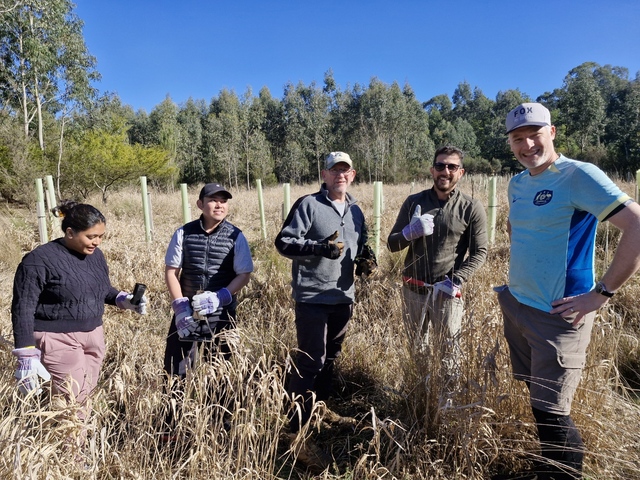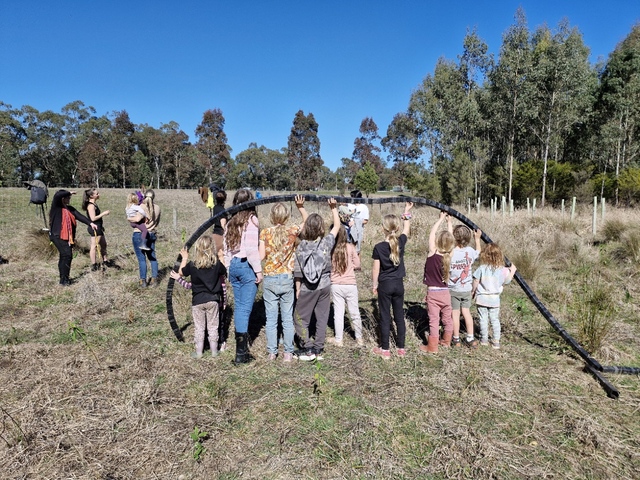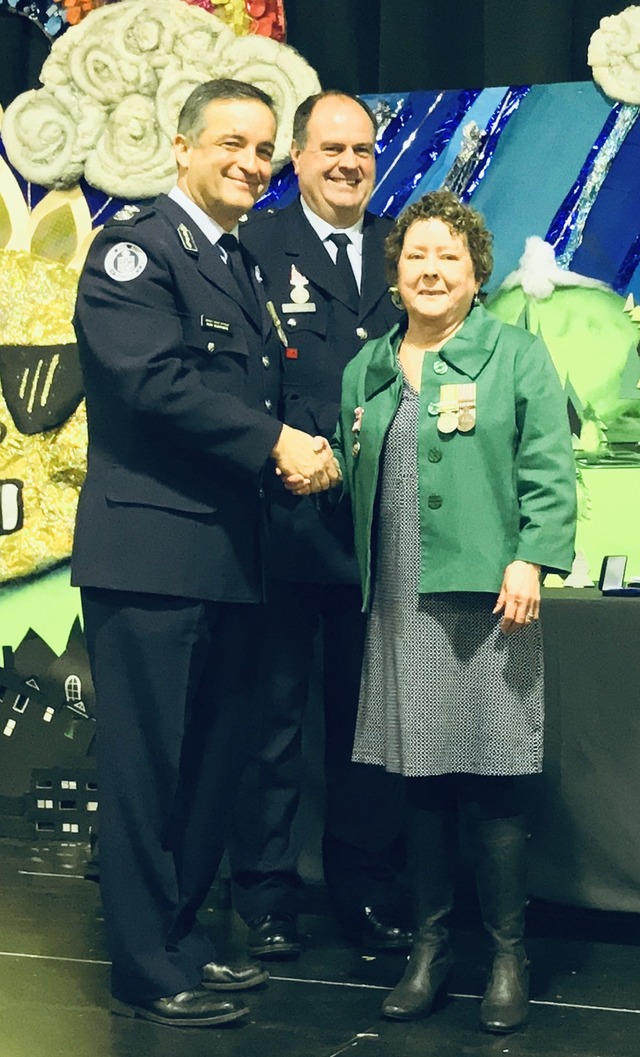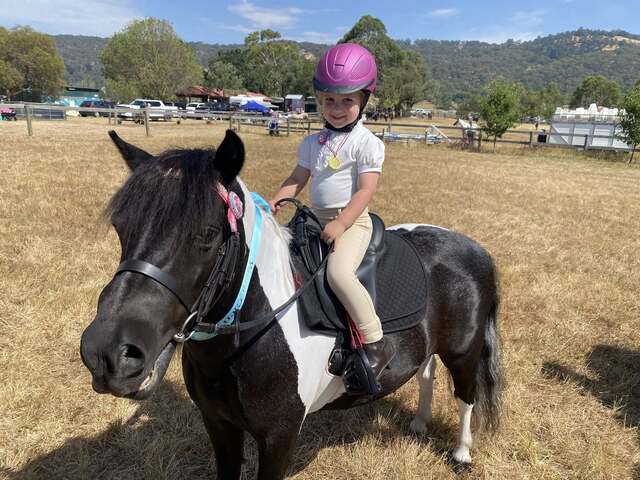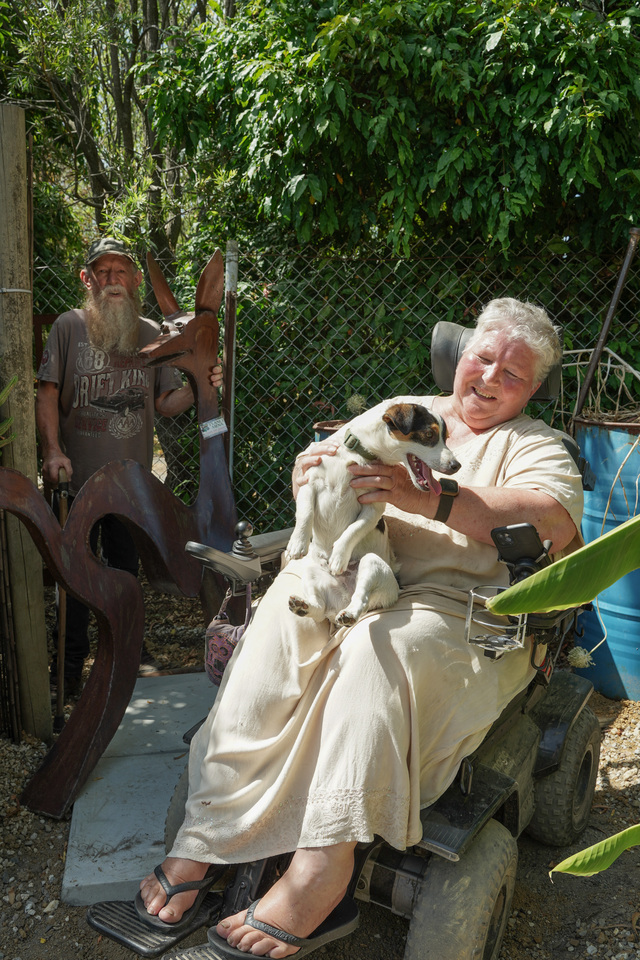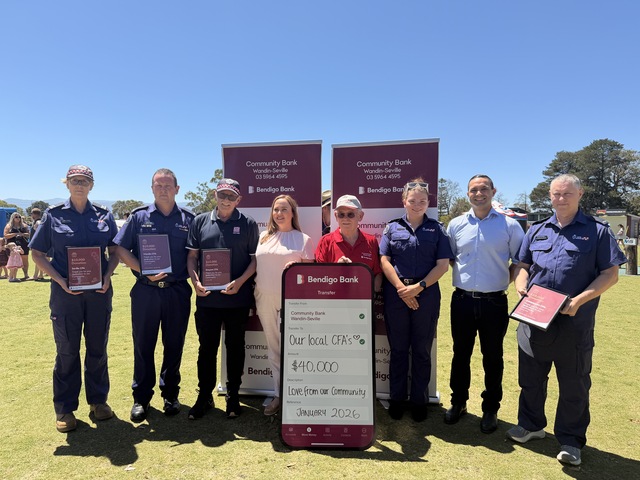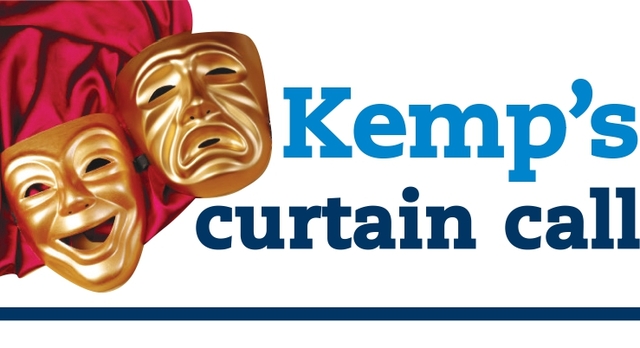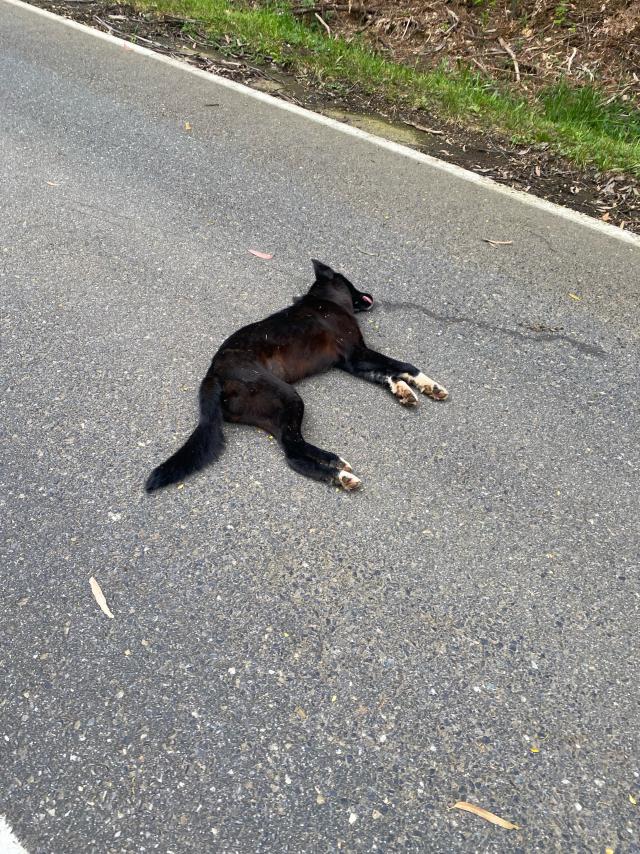The combined effort of volunteers and students saw 1100 shrubs, grasses and gums planted in Yellingbo to restore habitat for the critically endangered helmeted honeyeater.
Led by the Friends of the Helmeted Honeyeater (FoHH) group, 30 people from a technology firm and a homeschooling group descended upon the Burrungma Biik site in the Yellingbo Nature Conservation Area on 14 August.
FoHH volunteer Virginia Wallace said it was great to have support from the Richmond-based tech firm HERE Technologies and the local homeschool group to contribute to the planting day.
“It was really great to bring the two groups together and that they got to participate in this group activity out in nature,” Ms Wallace said.
Under the warm winter sun, the planting crew got to work right away and helped restore the Burrungma Biik’s habitat to what it would’ve been before it was converted to farmland.
Ms Wallace said the crew revegetated the site in a way that’d help facilitate the local helemeted honeyeater and Leadbeater possum populations.
“The idea is to plant it close together because the habitat would have originally been like that.
“That’s something that the birds and also the lowland Leadbeaters possum like, is that habitat that’s very close together so they can move effectively through it,” Ms Wallace said.
A Yarra Ranges Council grant covered the cost for the 1100 plants, which would’ve been priced at roughly $3000.
“Were very grateful for the support of the Yarra Ranges Council because their grant actually funded all the plants.”
HERE Technologies also made a donation to FoHH which would help fund operation costs at the Indigenous Plant Nursery.
Burrungma Biik means “misty lands” in the Woiwurrung language and the name was given to the site by Wurrundjeri Elder Aunty Gail Smith.
The 2.3-hectare site was added to the Yellingbo Nature Conservation Area through the combined efforts of Trust for Nature, FoHH and the Port Phillip and Westernport Catchment Management Authority (which have since integrated into Melbourne Water) in 2017.
Though the sunshine was welcomed on the day, Ms Virginia said the lack of rain this winter meant the conditions weren’t the best for planting.
“It has been difficult to do plantings this season because it’s been so historically dry.
“Even though we’re coming towards the end of winter, the water levels are still at summer levels.”
Those who are interested in volunteering at the Friends of the Helmeted Honeyeater group can inquire here: helmetedhoneyeater.org.au/volunteer-query-form/
Ms Wallace said the planting day was a chance for socialisation and connection for the two groups.
“It’s really the main purpose of our group, which is to expand habitat for the helmeted honeyeater and other species that occupy the Yellingbo Nature Conservation Area, but also to engage with people and bring them along in that journey.”

